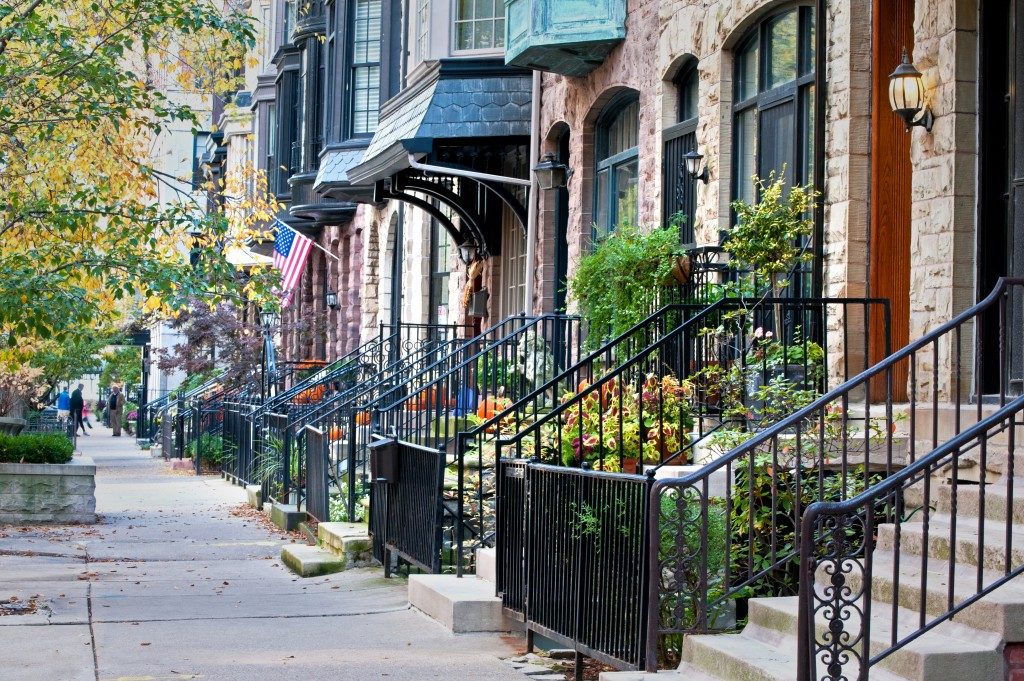The three most important factors in buying real estate are location, location, and location. That pertains to where the house is in the neighborhood and where the neighborhood is in the city or town. Before you approach any mortgage lender in the city, you have to consider the ideal location of the property you’re buying.
But what makes a location “good?” Here are five factors that make for a favorable location for a new home.
Centrality
Centrality is a neutral factor of location—no matter the personal reasons for buying a house, the property that’s nearer the city center boasts a better place. And this is reflected in the disparity of prices. Those near the center are more expensive than those in the city outskirts. It’s nearer the entertainment hubs, shopping and recreation centers, and workplaces. This convenience makes it a favorable location.
Lot Location
On top of centrality, the specific address also affects whether the location is good or not. There are a few things that you should keep in mind while you survey houses.
For example, proximity to a busy road or highway is not an attractive location, especially for residential buildings. The noise from the passing cars and trucks would make the home less livable. Noise pollution can cause health problems, disrupt the residents’ much-needed sleep, and destroy the body’s stress response. The same holds for houses that are near a commercial property with high foot and car traffic, like a gas station.
Proximity to Schools
If you have children or plan to have children, proximity to schools is essential. For young families, the property that’s near schools is a “good location.” The shorter the distance from the house, the safer the commute to school would be. Moreover, children would have to spend a shorter time on the road.
The quality of the nearby school also matters. For instance, you found a charming home that’s just a few blocks away from the nearest school. However, that school doesn’t have special curricula or advanced classes that you want for your children.
Local Amenities

This factor is also a personal preference. From a homebuyer’s point of view, properties that are near their favorite haunts, like restaurants, shopping centers, and attractions, make for a good location. Meanwhile, other homebuyers prefer an escape from the hustle and bustle.
Commute Times
Commute times are a personal measure of how good the location of a home is—it would depend on your workplace or school and tolerance for traffic. From a homebuyer’s point of view, a property that is near public transit (commuter rails, buses, subways, etc.) is much more convenient and, therefore, has a better location.
There is a trade-off, however. Proximity to roads, as mentioned earlier, increases the chances of noise pollution, but it slashes commute hours.
As a homeowner, you would want a property on a good location—it’s conveniently close to important hubs and near schools and public transit. Much of these factors rely on your preference, so you have to study them carefully to make the right real estate investment.




